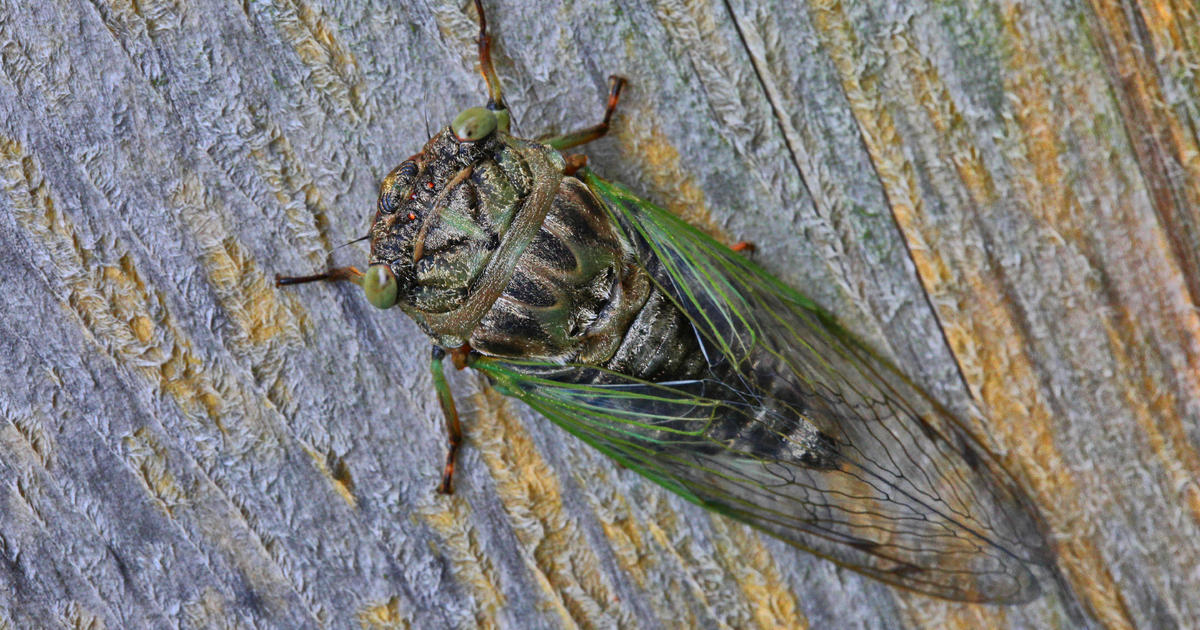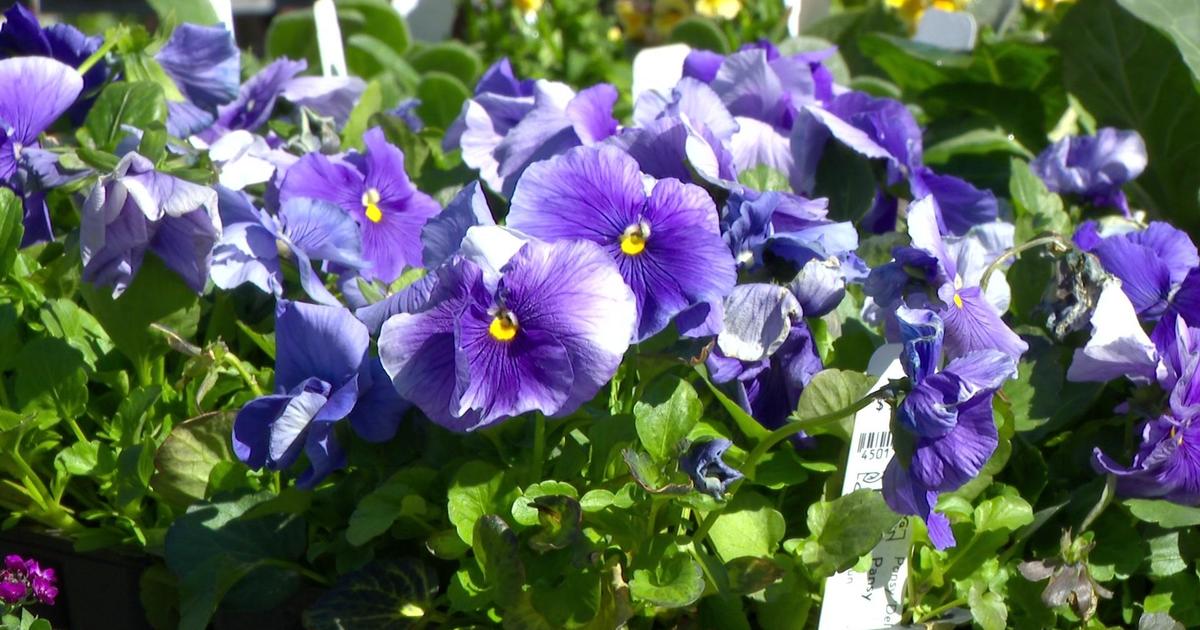More Bad News For Minnesota Beekeepers
MINNEAPOLIS (WCCO) -- The latest national survey by the Bee Informed Partnership shows Minnesota's beekeepers losing bee colonies at an alarming rate.
On average, beekeepers across the nation lost 42 percent of their colonies last year, combined summer and winter losses.
But the honeybee mortality was even higher in Minnesota, reaching a staggering 50 percent of hives.
Every spring, beekeepers from around the state replenish their colonies due to expected winterkill. There's always some mortality in hives, usually around 10 to 15 percent.
"It's not unusual for little guys like me to lose all of them occasionally," said beekeeper Dale Stoerzinger.
He owns Hillside Greenhouse in Inver Grove Heights. With so many blooming plants on his property, it's only natural for him to keep up to eight hives of honeybees.
However, keeping them alive from season to season is a common problem.
"What I run into, generally, is the bees look good until spring, and then we lose them late in the season," Stoerzinger said. "Sometimes they starve and sometimes they freeze."
Lately, beekeepers are also losing bees in the summer as well as winter. It's a troubling die-off that's been tracked for the past nine years by the annual beekeeper survey.
The deaths are being blamed on a combination of contributing factors such as pesticides, parasites and single-crop agriculture. Bees depend on a variety of pollen sources to keep their hives healthy and productive.
"If it's getting worse, then a lot of factors affecting bees are not being addressed in a way that's making an impact," said Kristy Lynn Allen.
Her company, The Beez Kneez, is spreading the word about more bee-friendly urban landscapes.
Allen says that reducing our overuse of pesticides, primarily one group known as neonicotinoids, will go a long way to helping the pollinators that put food on our tables.
"This is serious, and if we don't figure it out soon, it might be too late," she said.
You don't have to raise bees to help fix the problem. It can begin right in our backyards with planting vegetation that bees thrive on.
Plants such as bee balm, snapdragons, hostas and cosmos are particularly useful. Herb gardens are also primary targets for pollen seeking honeybees.



